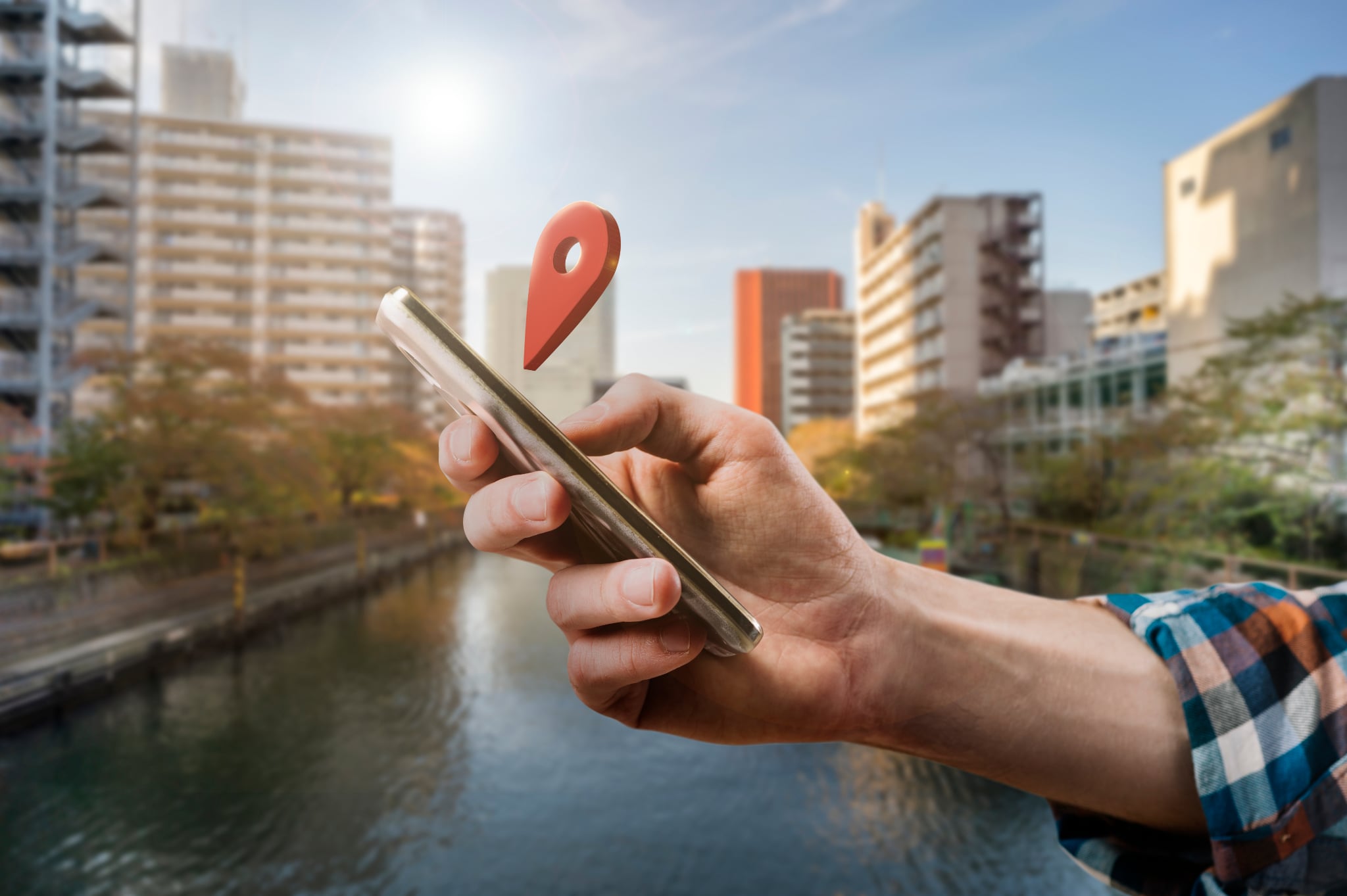If you’re a business owner or marketer looking for fast growth and long-term results, you’ve probably asked this question:
“SEO vs PPC: which gives me better ROI in 2025? ”
Let’s be honest. You don’t just want traffic. You want customers. And more importantly, you want return on investment. That’s why you need to weigh the pros and cons of search engine optimization and pay-per-click advertising. Not every channel fits every brand the same.
At Timpson Marketing, we’ve managed campaigns for startups, service businesses, and eCommerce brands. We’ve seen what works and when. Let’s break it down with real-world experience, honest comparison, and local insights.
What Is SEO?
SEO, or search engine optimization, is the process of improving your website to rank higher on Google and other search engines. It’s unpaid (organic) traffic based on content relevance, site quality, and trust.
Key components of SEO include:
- Keyword research
- On-page optimization (titles, headings, URLs)
- Technical SEO (site speed, mobile-friendliness)
- Content creation (blogs, guides, landing pages)
- Backlink building
When done right, SEO builds authority and keeps bringing you traffic for months or years.
What Is PPC?
PPC, or pay-per-click advertising, is a model where you pay every time someone clicks on your ad. It includes platforms like Google Ads, Microsoft Ads, and social media platforms like Facebook and Instagram.
PPC benefits include:
- Immediate visibility
- Targeted audience reach
- Budget control
- Fast data and testing
You pay to show up at the top of search results. But once you stop paying, your traffic stops too.
SEO vs PPC: Which One Delivers Better ROI?
This is where it gets interesting. Because the answer is: It depends on your goals, budget, and timeline.
Let’s look at both through the lens of ROI.
SEO ROI in 2025
Search engines are smarter than ever. Google’s algorithms now reward helpful content, page experience, and authoritativeness.
That means if you invest in SEO today, your content can rank for months, attract clicks, and generate leads without ongoing ad spend.
Pros of SEO ROI:
- Compounds over time
- Lower cost per acquisition in the long run
- Builds brand trust and credibility
- Ideal for evergreen products and services
Cons:
- Takes 3 to 6 months for noticeable results
- Requires consistent effort and updates
- Competition can be stiff in certain niches
PPC ROI in 2025
With AI-powered bidding and automation, PPC has become smarter but also more expensive in competitive industries. Still, it gives you immediate results and fast testing opportunities.
Pros of PPC ROI:
- Quick wins and instant visibility
- Easy to scale with budget
- High intent targeting (via search queries)
- Clear, measurable results
Cons:
- Click costs are rising
- Can burn through budget if unmanaged
- ROI stops when the ads stop
Testimonial: SEO That Paid Off Big
“We hired Timpson Marketing to optimize our plumbing service site in early 2024. By October, we were ranking #1 for five local keywords. Our traffic doubled. We no longer depend on paid ads to generate calls.”
— Tina L., Boise, ID
Testimonial: PPC That Scaled Our Sales
“We launched an eCommerce store and needed fast sales. Timpson’s PPC team set up our Google Ads strategy. Within 30 days, our ROAS was 3.8x. We were profitable out the gate.”
— Josh M., Spokane, WA
SEO vs PPC: Side-by-Side Comparison
| Feature | SEO | PPC |
|---|---|---|
| Cost | Time and effort over months | Pay per click instantly |
| Time to ROI | 3–6 months | Immediate |
| Long-Term Value | High | Low once ads stop |
| Trust Factor | Higher (organic results) | Lower (marked as ads) |
| Testing & Iteration | Slower | Faster and flexible |
| Scalability | Moderate | High |
| Best Use Case | Evergreen content, long-term growth | Product launches, quick traffic |
Which Is Right for You?
Here’s how we help clients decide:
- New business with no site traffic? Start with PPC for leads, then layer in SEO.
- Established business with some organic traffic? Double down on SEO and use PPC for remarketing.
- Highly seasonal business? Use PPC during peak season and SEO during off-season.
- Local service provider? Local SEO will lower cost-per-lead over time.
Our strategy? Use both. Just not always at the same time or at the same levels.
Why Timpson Marketing?
We’re not here to push one over the other. We look at your goals, your budget, and your timeline to build a blended strategy that delivers results.
Our team specializes in:
- SEO audits and implementation
- Full-funnel PPC campaigns
- Keyword-driven content creation
- Landing page optimization
- Local search strategies
We don’t believe in cookie-cutter campaigns. We craft solutions that bring ROI—not just clicks.
When it comes to SEO vs. PPC, don’t think in terms of “either-or.” Think in terms of ROI over time. Start where you’ll win now, and build toward sustainable growth. At Timpson Marketing, we’ll help you find the balance that works best. Whether you’re launching a brand or scaling an existing business, we bring clarity, strategy, and measurable returns. Want to maximize ROI in 2025? Contact us today.
Frequently Asked Questions
1. What is better for a new website: SEO or PPC?
PPC offers quicker results. But you should also start building your SEO foundation early.
2. Is SEO more cost-effective than PPC?
Yes. SEO is more cost-effective long term, though slower to produce results.
3. Can I use SEO and PPC together?
Absolutely. A blended approach can give you short-term results and long-term stability.
4. How long does SEO take to work?
Typically 3 to 6 months for measurable traffic improvements.
5. How much should I budget for PPC?
Budgets vary by industry. Some keywords cost $1, others $25+. Start small and scale.
6. Is SEO free?
It doesn’t cost per click, but it does require investment in time, tools, or agencies.
7. Does PPC affect SEO rankings?
No. Running ads does not directly impact your organic search rankings.
8. Is PPC more effective for eCommerce?
Often yes. Especially for product launches or sales campaigns.
9. Can SEO work without content?
Not well. SEO needs optimized content to target keywords and answer user questions.
10. Does SEO work for local businesses?
Yes. Local SEO is one of the most effective organic strategies for service areas.
11. How do I track ROI from SEO?
Track leads, conversions, and organic traffic growth via tools like Google Analytics.
12. How do I track ROI from PPC?
Use Google Ads and conversion tracking to calculate cost-per-lead and ROAS.
13. Is it bad to stop PPC suddenly?
No, but expect your leads to drop quickly once ads stop running.
14. Do paid ads help brand awareness?
Yes. Even if not clicked, impressions increase visibility.
15. Can SEO help reduce PPC costs?
Yes. A good quality score from SEO-friendly pages can lower CPC in Google Ads.
16. Which is better for B2B: SEO or PPC?
SEO builds authority. PPC can target decision-makers directly. Use both strategically.
17. What’s the average ROI of SEO?
It varies, but many clients report 5x or higher ROI over time.
18. What’s the average ROI of PPC?
A healthy PPC campaign should aim for a 2x to 4x return on ad spend (ROAS).
19. How do I know my SEO is working?
Improved rankings, more organic traffic, and conversions are key indicators.
20. Do I need an agency for SEO or PPC?
Not always. But a skilled team like Timpson Marketing can speed up results and avoid waste.



Leave A Comment